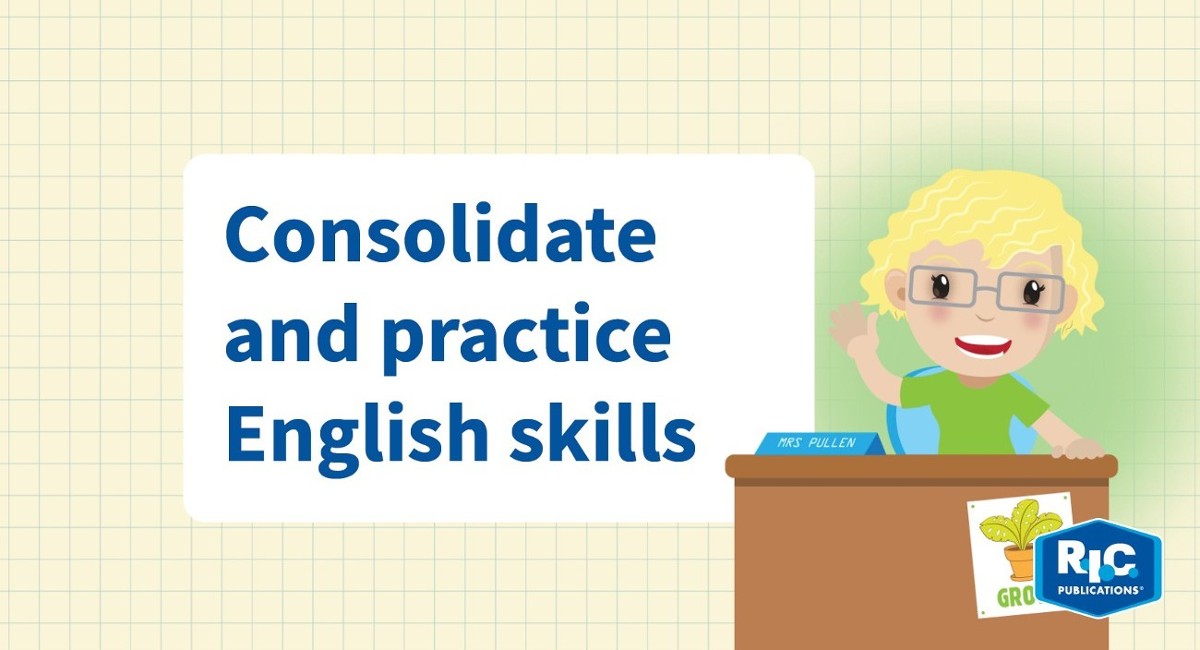- Friday 16 August 2019
- 0 Comments
In 2018, the Australian Curriculum released the Literacy and Numeracy learning progressions. ACARA states that the content of the Australian Curriculum—knowledge, understanding and skills; and achievement standards—are still mandatory. The Literacy and Numeracy progressions are meant to ‘provide a sequence of development of literacy and numeracy skills, (and) amplify the literacy and numeracy in the Australian Curriculum. They do not replace the curriculum’. [Source: australiancurriculum.edu.au] They are not meant to give content or tell teachers what to teach.
The Literacy and Numeracy learning progressions are broken down into elements and sub-elements. We have detailed out the sub-elements of the Australian Curriculum English - writing progressions.
Punctuation
This sub-element describes how a student becomes increasingly proficient using punctuation to ensure clarity and ease of reading in the texts they produce. As students write more complex and technical texts, they will use increasingly complex punctuation to support meaning.
Spelling
This sub-element describes how a student becomes increasingly proficient in selecting and arranging letters to form accurately spelt words. Students develop increasing skill and proficiency in using spelling as a tool to understand and create meaning in texts. At higher levels of the progression, students monitor their own spelling and explain how spelling impacts upon meaning.
Grammar
This sub-element describes how a student becomes increasingly proficient at creating written texts with higher levels of grammatical accuracy. Students display an increasing ability to compose coherent and cohesive texts across all areas of the curriculum for a wide range of purposes, making sophisticated choices at the level of the whole text, the sentence and the word group level.
Daily practice of these sub-elements ensures students consolidate a wide range of English skills and concepts. They are able to recall information quickly and easily for use in more lengthy literacy activities.
The practice of these sub-elements comes together in our English skills practice series.
The concept
The English skills practice workbooks are built on repeated practice of already-taught concepts and skills. Teachers should ensure that students have been exposed to all concepts covered in each daily activity before allowing them to commence the questions. (To ensure that this has happened, teachers should refer to the scope and sequence chart for each year level.) Where constant errors occur, English skills practice enables teachers and students to identify difficulties and gaps in learning to inform future teaching and learning activities.
English skills practice provides a valuable resource to extend students who already have a sound knowledge of English concepts. Students can challenge themselves to better each daily score or complete activities more quickly and accurately.
The English skills practice series is a comprehensive program that covers most areas of English-spelling, grammar, word study and punctuation.
The process
Each workbook contains 150 days of questions, which are grouped in days of ten. In addition, two revision days per ten days are provided. This allows teachers to revisit difficult concepts and allow students time to consolidate their understanding before moving on.
The workbooks contain between 10 and 20 questions daily, depending on the level.
The students complete the questions independently. Answers are marked using the teachers guide. Teachers may either call out the answers for the whole class, provide a photocopy of the answers for students to mark answers individually or collect the workbooks to mark individual student work. The student records the score in the circle at the bottom of each page.
At the end of the ten days of questions, students complete the relevant revision days in the same manner.
Don’t just take our word for it, see what teachers are saying about English skills practice.
Interested in finding out more about how English skills practice
can help you consolidate English skills in your classroom?
Register for a free evaluation pack here.
